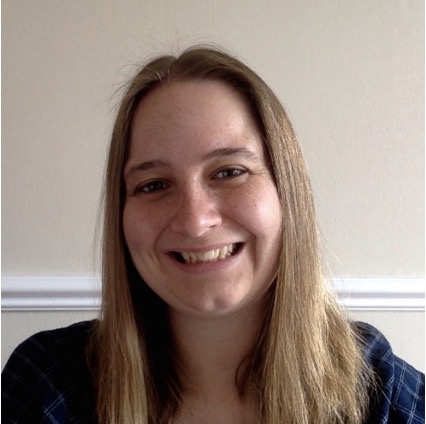Dr Gemma Horton
Impact Fellow
Gemma is the Impact Fellow for the Centre for Freedom of the Media (CFOM) at the School of Information, Journalism and Communication, University of Sheffield. She started the position in September 2022. She is also the Assistant Editor for the European Journal of Communication. Gemma’s work at CFOM includes keeping up-to-date with the latest research surrounding journalism safety and media freedom alongside identifying emerging research areas. She is also responsible for promoting and disseminating the research centre’s work through seminar series, bi-monthly newsletters and also the podcast series that she hosts. She is the lead of CFOM’s legal hub and since taking this position, has organised a workshop focused on legislative threats to media freedom in the UK, which has led to the production of a report and also a special issue published in the Journal of Media Law. She has also been awarded funding to develop a website focused on training for journalists and journalism students on Strategic Lawsuits against Public Participation (SLAPPs). Her research has been published in journal articles, book chapters and also blog posts.
She has experience in working on numerous CFOM projects, including one commissioned by the Independent Press Standards Organisation (IPSO) which involved ‘Examining the impact of IPSO on Editorial Standards and Complaints’ Handling for the press regulator in the UK’ where she conducted in-depth interviews with journalists. She also works with the UNESCO Chair on Media Freedom, Journalism Safety and the Issue of Impunity through organising events such as the Academic Conference to mark World Press Freedom Day (WPFD) and she was also involved in the writing of the Academic Consultation Report on occasion of the 10th Anniversary of the UN Plan of Action on the Safety of Journalists and the Issue of Impunity. She has also organised events for the Journalism Safety Research Network (JSRN), a global network of over 300 journalists, academics and civil society representatives, to provide spaces to share research and address issues surrounding journalists’ safety. She also developed and maintains CFOM’s literature database which features both academic and non-academic works on journalism safety.
- Horton, G., & Assersen-Skadberg, A. (2026). European Media Freedom Act: can it stop the democratic backsliding? Journal of Media Law, 1–23.
-
Balabanova, E. and Horton, G. (2025). Cutting through the noise: The legitimacy of the European Convention on Human Rights in the British press. British Journal of International Political Relations.
-
Ferrier, M. Horton, G. and Indulkar, P. (2025). Navigating digital harms: using artificial intelligence to triage support for journalists. The Round Table.
- Tong, J. and Horton, G. (2025) Judicial discourses about journalism in journalism-related judgments in the United Kingdom (UK) since Reynolds. Journal of Media Law, 17(1), 6-37,
- Horton, G. (2025) Journalism as the lifeblood of democracy: How can we ensure it is protected? Communications Law, 30(2), 47-57.
- Horton, G (2023) The use of online tools: Examining the changing attitudes of academic staff towards their use in the classroom as a consequence of the COVID-19 pandemic. Developing Academic Practice, 23(Special issue), 1-15.
- Horton, G (2022) Celebrities’ families and privacy: the need for enhanced self-regulatory protection. Communications Law, 27(1), 24-36.
- Horton, G (2021) Injunctions and public figures: the changing value in injunctions for privacy protection. Journal of Media Law, 13(1), 81-106.
- Horton, G (2020) Celebrity Privacy and Celebrity Journalism: Has anything changed since the Leveson Inquiry? Communications Law, 25(1).
- Pukallus, S. & Horton, G. (2023). News journalism as a civil norm builder in post-conflict settings: the aftermath of the Kenyan post-election violence 2007/2008. In Rey, E. B., Bebawi, S. & Mustvairo, B. (Eds.). Routledge Companion to Journalism in the Global South, Routledge.
-
Horton, G. (2019). Politicians’ private lives and scandals: how the law and journalistic cultures offer protection of politicians’ private lives during scandals. In Haller, A. & Michael, H. (Eds.). Scandalogy 2 Cultures of Scandals – Scandals in Culture, Herbert von Halem Vaerlag.

